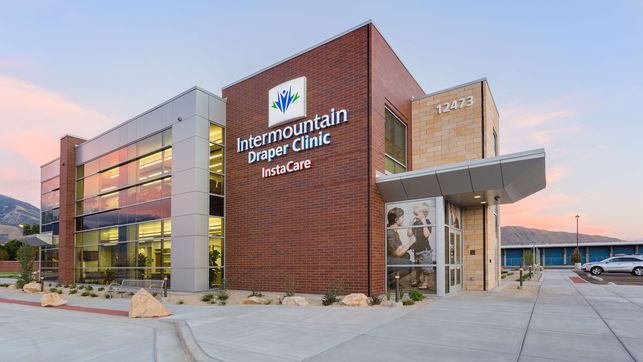Tired of the scarcity and high prices, more than 450 hospitals in the US have come together to create a non-profit pharmaceutical company.
Several companies are being investigated in the US and the European Union for trying to manipulate the generic drug market.
“It is a very necessary initiative and it would be interesting if we could copy it in Spain and in the European Union”, explains the expert in health planning, Fernando Lamata.
By Teguayco Pinto
Last week, a network of more than 450 hospitals in the US announced its intention to create a non-profit pharmaceutical company to manufacture generic drugs, with the aim of fighting against shortages and high prices imposed by the industry. With this movement, the hospital groups intend to exert pressure on some companies that have dedicated themselves to buying low-cost medicines, and then drastically raise prices, actions that have generated great controversy and that have led to several sanctions and investigations on violations of competition, both in the US and in the European Union.
“The creation of a non-profit company for the manufacture of generics seems to me a very interesting and promising idea,” the health planning expert, Fernando Lamata, told eldiario.es, “and I think it is a logical reaction of a consumer , as it is a hospital, before the escalation of prices and the forced shortage by some pharmaceutical companies “.
During the last decade several companies have been dedicated to acquire old drugs that no longer have a patent and that have a low cost, and then drastically raise their prices. This practice is usually done with drugs for which there was no generic competition, as in the case of epinephrine injections, EpiPen, which increased its price by five times in just 9 years.
The manipulation of the generic market
However, the current problem is not only in the “exorbitant and unjustified” prices of some brand-name drugs, but also in the generic market itself, says Lamata, who was Secretary General of Health between 2004 and 2005 and General Director of the National School of Health. “Sometimes generic cartels are made to agree on prices” or even “cheap drugs have been withdrawn from the market to force administrations to raise the price”.
The problem of manipulation of the generic market exploded definitively in October of last year, when the general prosecutors of 45 US states presented a document accusing 18 companies of reaching agreements to divide the generic market and fix, for advance, the prices of up to 15 different medications.
Cases in this regard are also being investigated in the EU, such as that of Aspen Pharma. In February of last year, the National Securities Market Commission initiated a disciplinary action against this pharmaceutical company for “possible abusive practices, which would consist in refusing to supply certain medications and applying excessive prices to them”.
It was not the first time that this company was facing a suit in a European country. In 2016, the Italian authorities imposed a fine of more than 5 million euros on this company after verifying that it had threatened the Italian Drug Agency with interrupting the supply of certain medicines if its price increases were not accepted.
After these two complaints, the European Commission launched an investigation in May last year for a possible abuse of a dominant position. The Commission suspects that Aspen may have used “unfair and abusive bargaining practices with national authorities,” including “the reduction of direct supply of drugs and the threat of supply reductions.”
A strategic option for Spain
The four hospital groups in the United States that have proposed the creation of a non-profit company are Intermountain Health, Ascension and the Catholic health systems, Trinity Health and SSM Health. In addition, they will also have the support of the health system for veterans of the US Army.
Although the health systems of the US and Spain are diametrically opposed, Lamata believes that “it would be interesting to copy this initiative in the European Union”, since, “national governments are being overwhelmed by the alteration of prices.” “For a country like Spain,” says Lamata, the creation of a public company of this type “would be a very interesting strategic decision”, since “the manufacture of generics has a very low cost and can be addressed without much difficulty”.
However, the idea raised by these hospital groups has also received some criticism that they consider it difficult to carry out a company of this type. In an opinion article published in the journal Science, pharmaceutical market expert Derek Lowe points out the regulatory problems that this new company would face.
“If this company is going to start its own effort to manufacture generic products, it will have to stand in line for the FDA to grant it authorization,” Lowe says. In addition, he affirms that there is already an important regulatory “bottleneck” with many companies queuing to receive authorization from the agency, so adding a new request would only further complicate the process. Even so, the FDA has already announced its intention to streamline procedures for all those companies that are developing projects to alleviate the shortage of generics.






